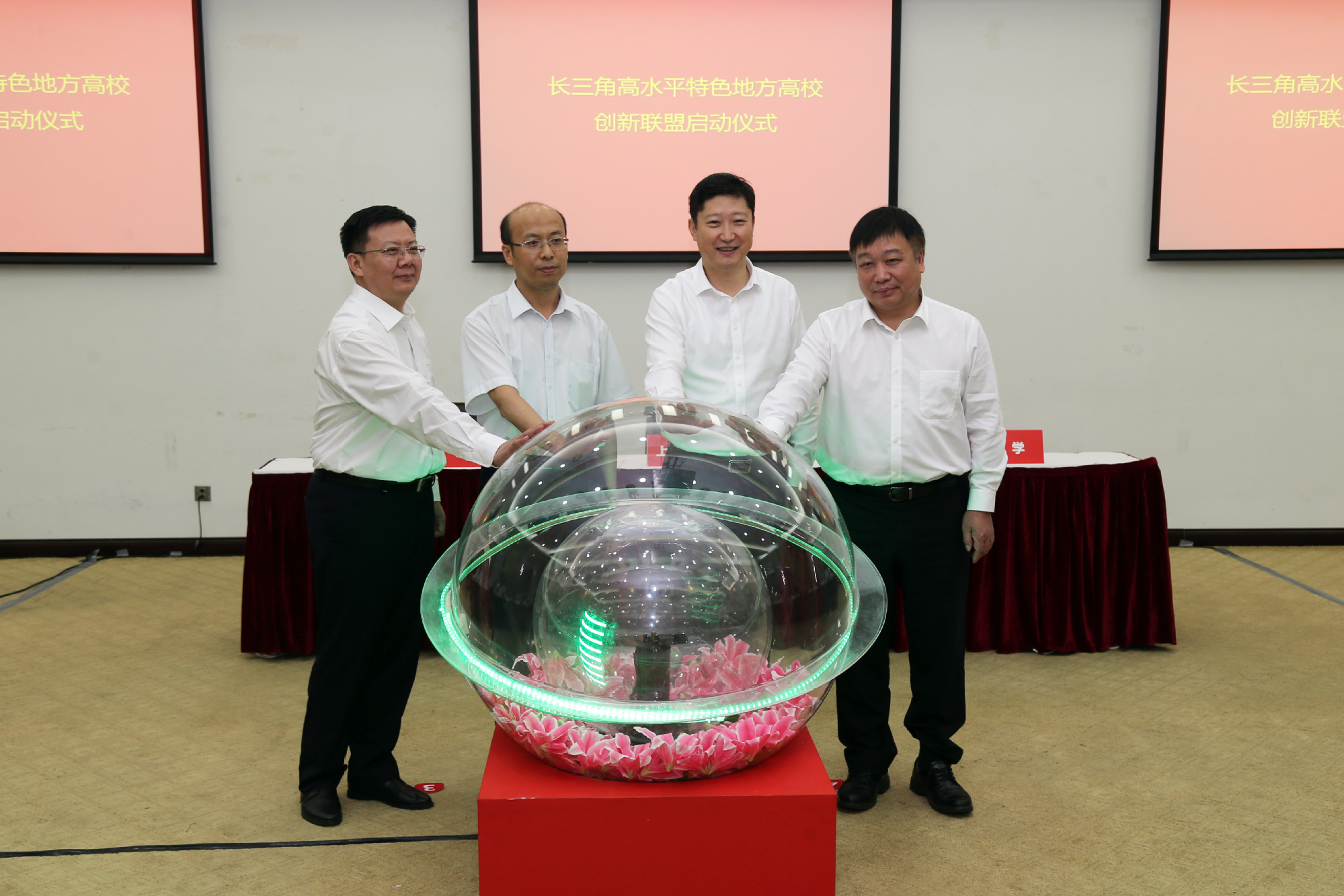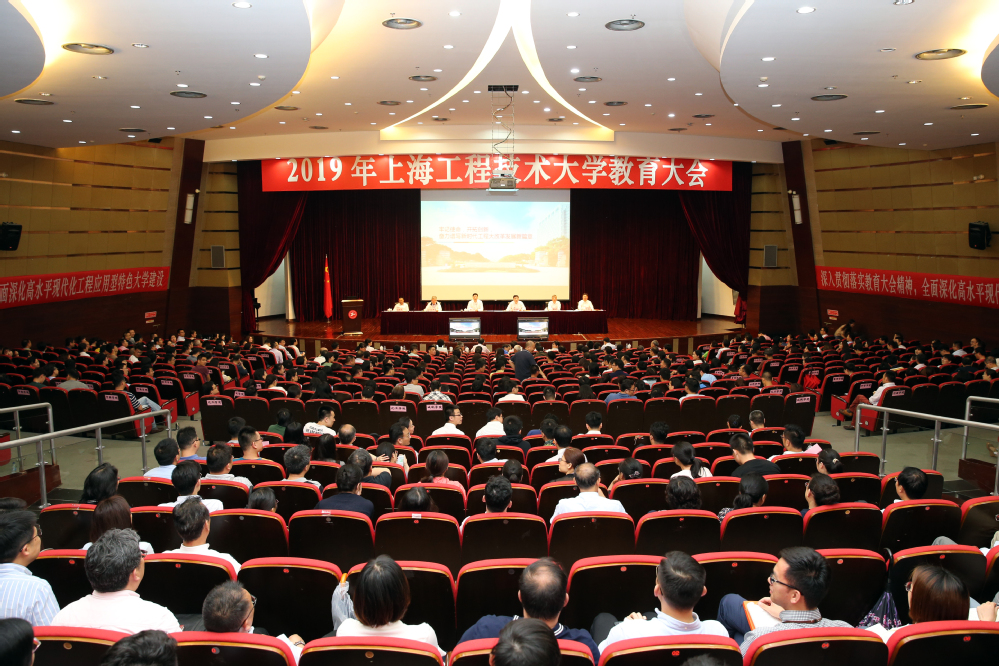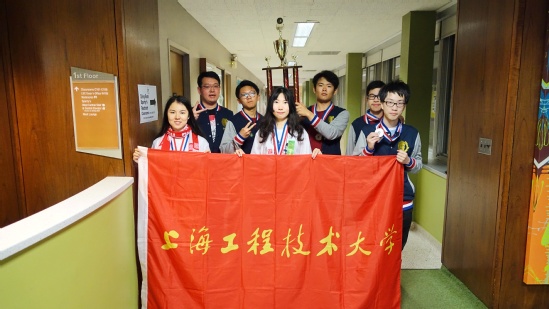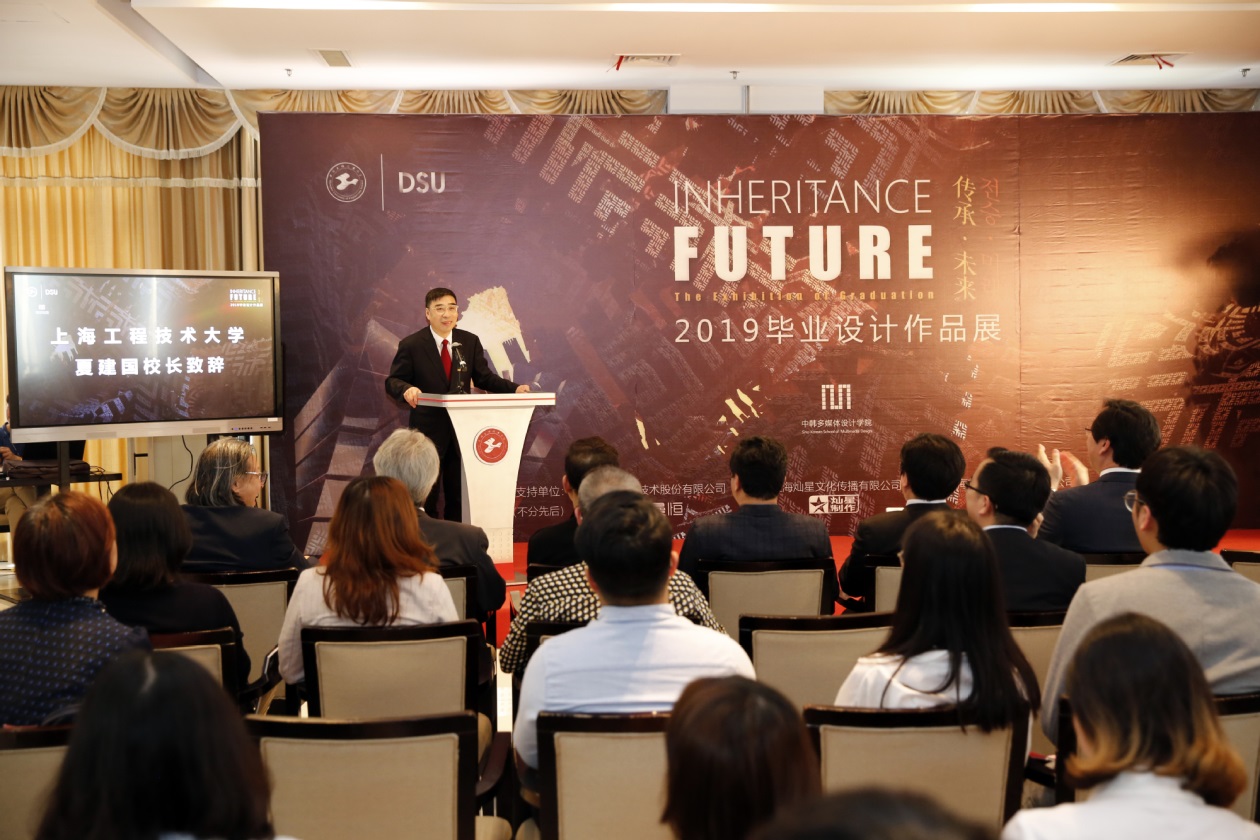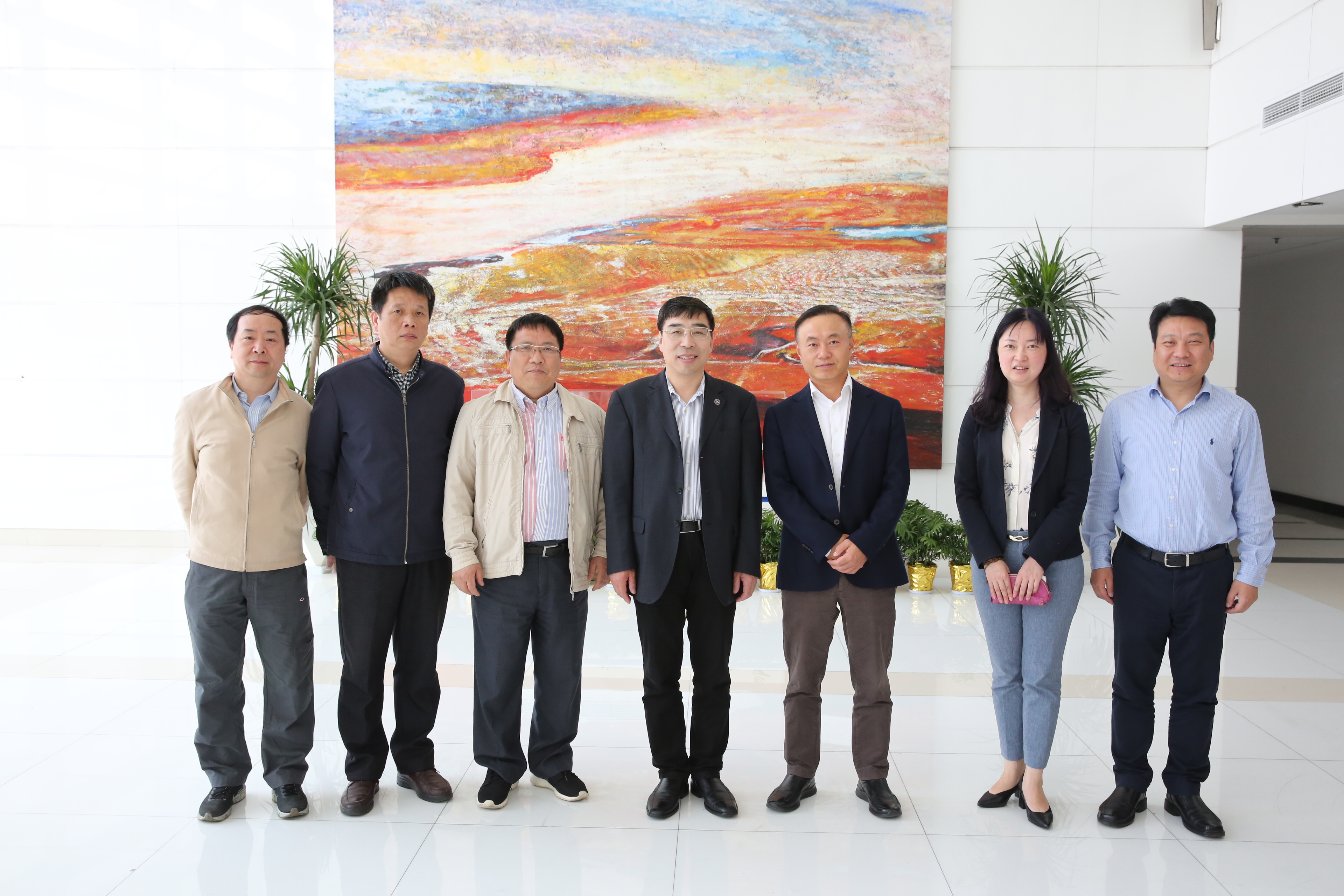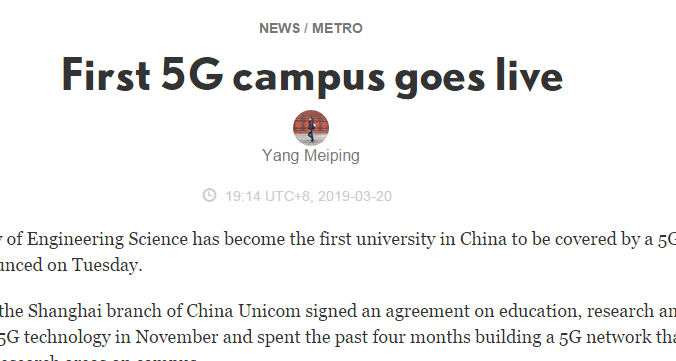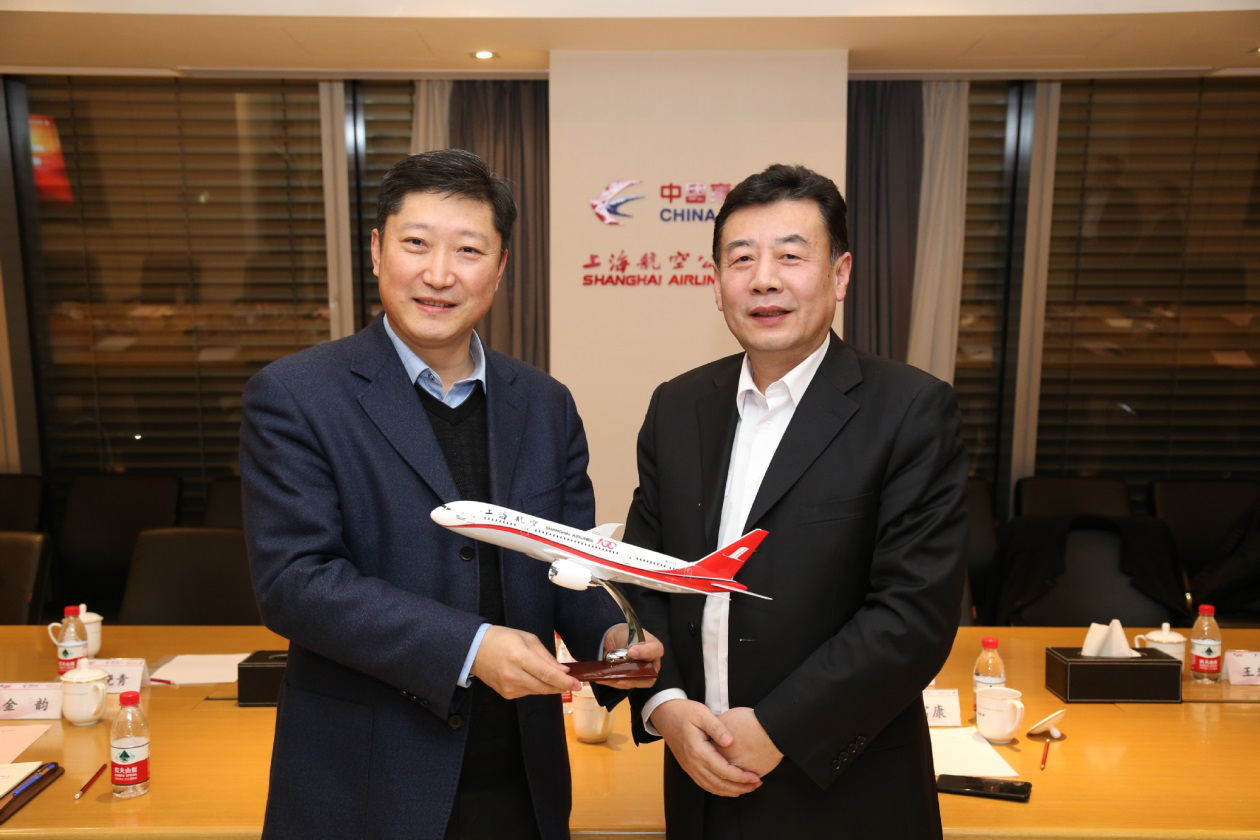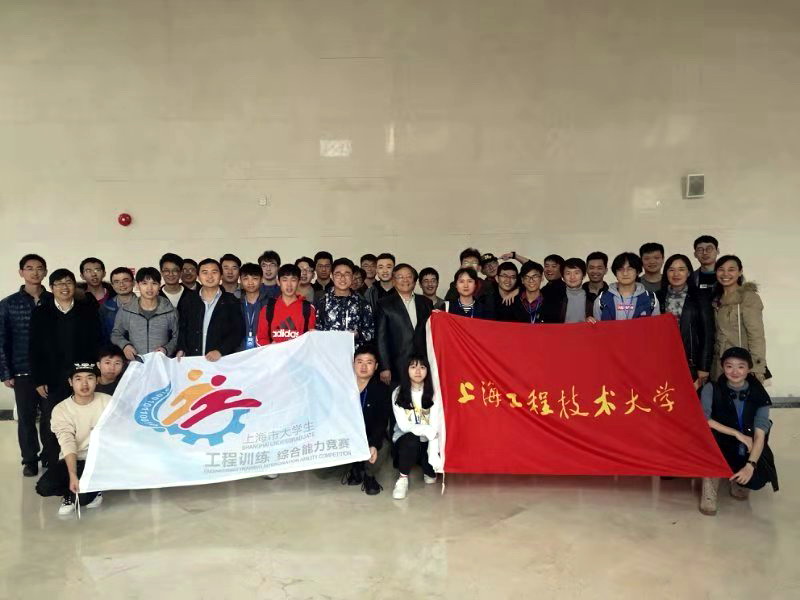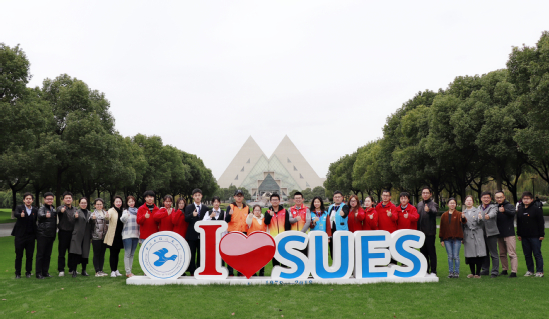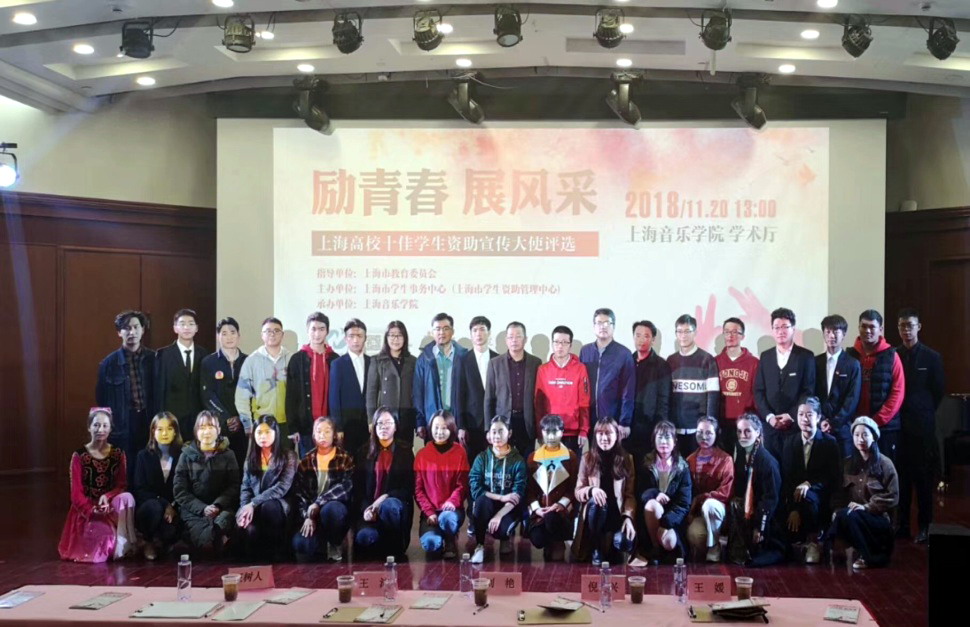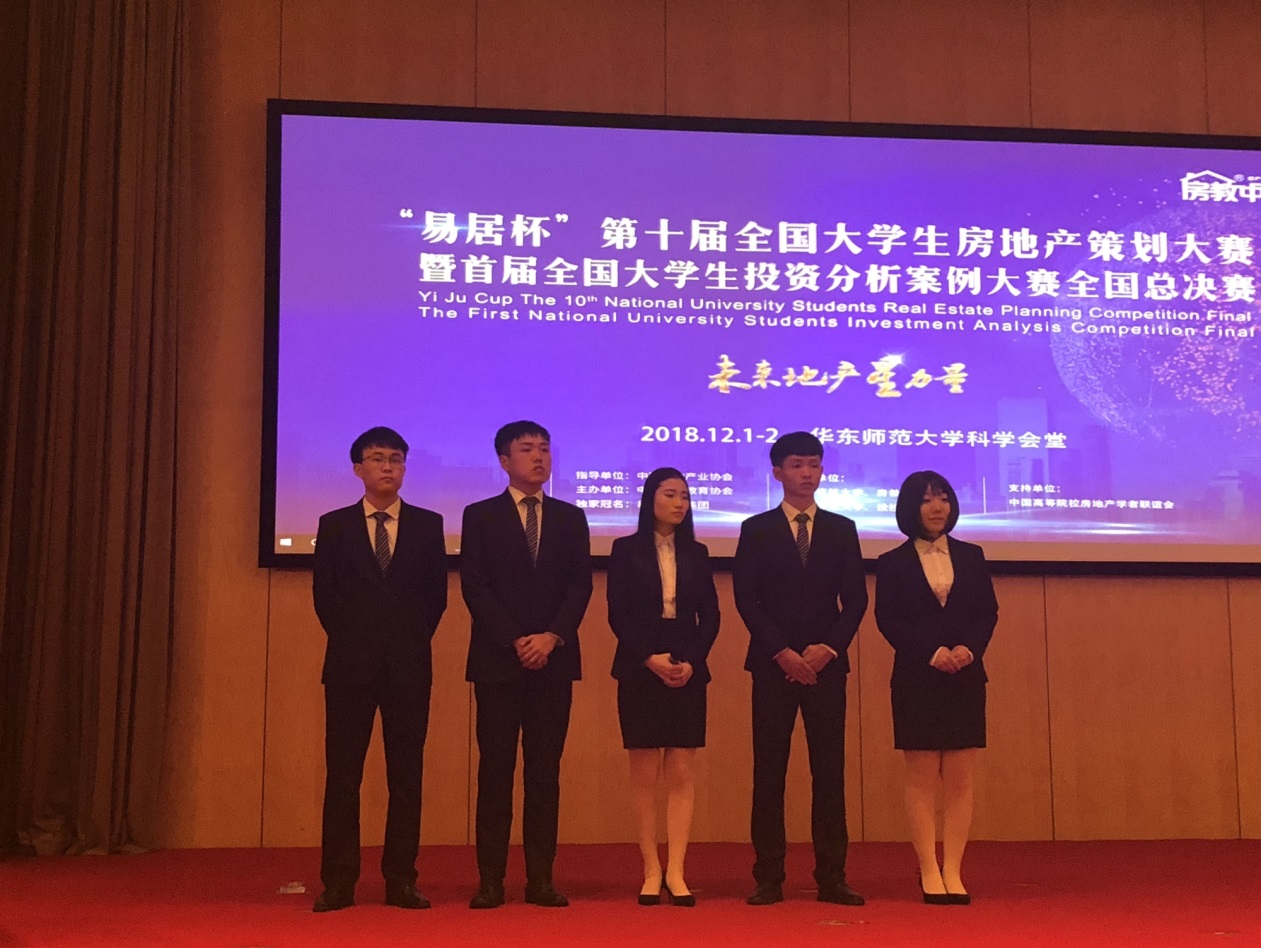Yesterday, “Bright Daily” put out an article entitled “Why knowledge innovation has become a hot word in Shanghai universities?” in which it cited the example of our school opening up a new way to evaluate metro transportation lines as an independent third party by launching a public bid for “Metro Transportation Operation Safety Testing and Evaluation Service Center”. Hence, knowledge innovation of Shanghai universities not only excellently serves economic and social growth, but also becomes a hot word at the meeting of leaders of Shanghai universities on February 18.
Meanwhile, “Liberation Daily” also put out a theme report entitled “Encourage University Researchers to Work in Enterprises as Part-Timers or Open Businesses, Keep 3% Organization for Teachers to ‘Touch the Ground’”.
The report is as follows:
Through a public bid, “Metro Transportation Operation Safety Testing and Evaluation Service Center” of Shanghai University of Engineering Science has opened up a new road in presiding over metro transportation new line operation evaluation as an independent side;a result application of “Massive Casting and Forging Manufacture Technology Cooperation Center of Production, Study and Research” by Shanghai Electric Machinery Institute will increase output of RMB 36,000,000 for Shanghai Heavy Machinery Company...the knowledge innovation of Shanghai universities not only remarkable serve economic and social construction, but also becomes a hot word at the meeting of leaders of Shanghai universities on February 18.
Coincide with Practical Demands
In May 2013, Through a public bid, “Metro Transportation Operation Safety Testing and Evaluation Service Center” of Shanghai University of Engineering Science obtained the project of “Shanghai Metro Line 16 Operation Trial Basic Condition Identification” and opened up a new road in presiding over metro transportation new line operation evaluation as an independent side.
The breakthrough is attributable to the construction of university knowledge service platform promoted by Shanghai Education Committee. In October 2011, Shanghai Education Committee put forward “Shanghai University Knowledge Service Ability Elevation Project”, which involves an innovative action to support university development and construction of knowledge service platform. Knowledge service platform is to explore ways to reform the previous research management system and activate education development energy. Zhang Jiang Research Academy of Fudan University (Shanghai Medicine Manufacturing and Development Center), Future Media Web Coordination Innovation Center of Shanghai Jiaotong University, Energy-Saving Auto and Intelligent Transportation System Cooperation and Development Center of Tongji University...without exception, as many as 34 university service platforms of Shanghai are all meeting with the enormous practical demands of regional economic and social development.
Talent Mobility
In order to encourage researchers to work part-time in enterprises or open businesses, the universities may keep 3% organization index for the specific purpose of supporting teachers’ mobility. This flexible mobility system enables the university knowledge service platform to become a foreground of accumulating and developing high-level innovative talents.
Shanghai Electric Machinery Institute not only hired Ye Zhiqiang, Vice President of Shanghai Heavy Machinery Factory Company, as Dean of Enterprise of Mechanical College, but also hired 11 engineers from the enterprise as key members of massive casting and forging manufacture technology knowledge service team. Shanghai Heavy Machinery Factory Company hired Professor Ren Yunlai from Shanghai Electric Machinery Institute as Vice General Engineer and organized factory engineers and subject members to cooperate in solving the crucial technological problem of large forging manufacture, and the school kept their job positions and paid them the salary as usual.
Professor Dai Xilin of Shanghai Marine University is an expert in shrimp breeding field. Under the support of the policy, Dai Xilin took the job of technological supervisor of Shen Cao Special Water Products Development Company. These three years, under his technological support, Shanghai Shen Cao Special Water Products Development Company has become a basis for production, study and research, a fishing model base in Shanghai, and its annual profits have exceeded RMB 50,000,000.
Through this kind of mechanism, researchers of the universities and enterprises may flow in both directions. University research contribute more to knowledge innovation and service, and thus more roads have been opened up for discipline construction and talent development.
Promote Innovative Ability
When promoting the universities to construct knowledge service platforms, orientation in task, problem and demand is being strongly advocated in order to stimulate innovative energy of the universities. The staff from various fields of production, study and research get together for the sake of tasks and demands, coordinate in innovation and solve more practical problems arising from the economic development --Science Department of Shanghai Education Committee said so.
In 2013, 19 knowledge service platforms of Shanghai Municipal universities submitted their mid-term evaluation achievements: 68 research result transfers, contracts involving RMB 164,455,000, service enterprises increasing effectiveness of RMB 290,900,000, 186 policy counseling reports, 394 patent applications, including 294 invention patent applications, 186 patents authorized, including 105 invention patents, 44 property rights, 140 cooperation projects with large enterprises, RMB 286,202,000 of cooperation projects, 172 training classes, 11828 trainees, 187 salons of production, study and research, 9047 participants, 103 databases open to fields.
The experts who attend the mid-term evaluation commented that Shanghai university knowledge service platform has elevated the university’s technological innovation ability of “talent, subject, research integrated into one” through practical construction and system and mechanism innovation reform, promoted three transitions of the universities’ technological development: from attention to paper publication to practical accomplishments; from attention to material increase to human development; from attention to platform construction to system and mechanism innovation, and effectively supported the development of Shanghai advanced technology and service industry.








